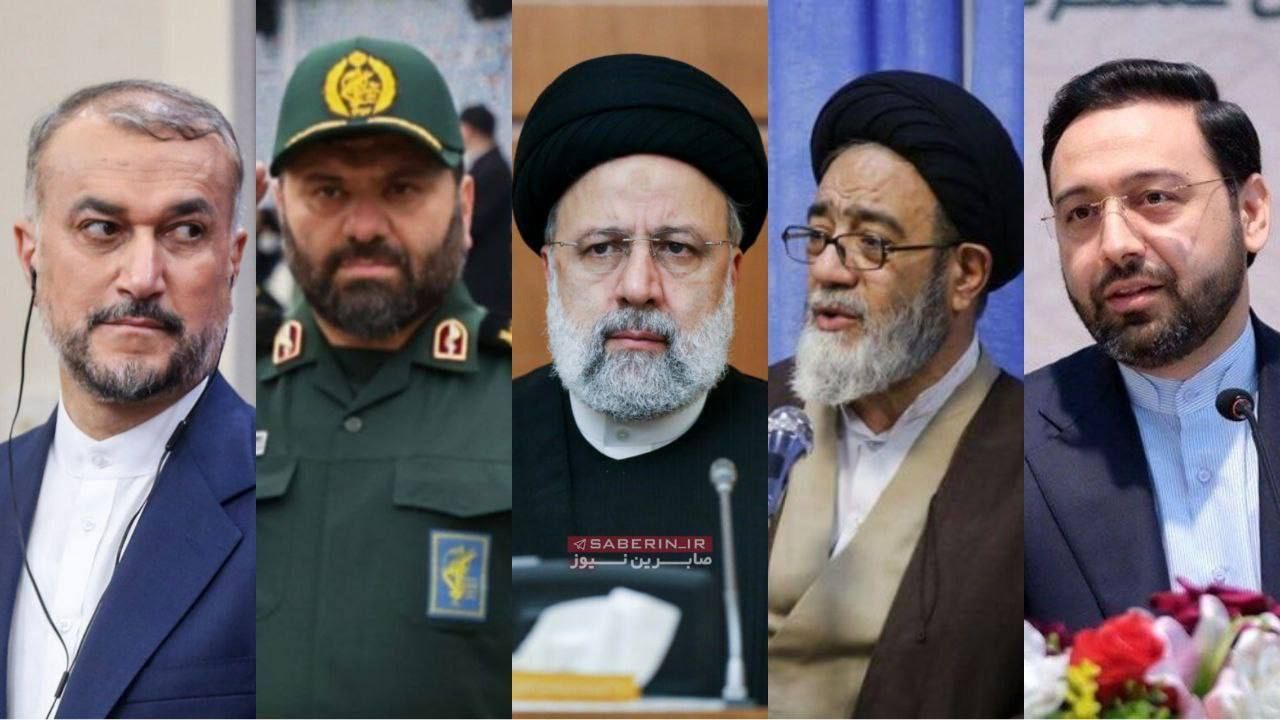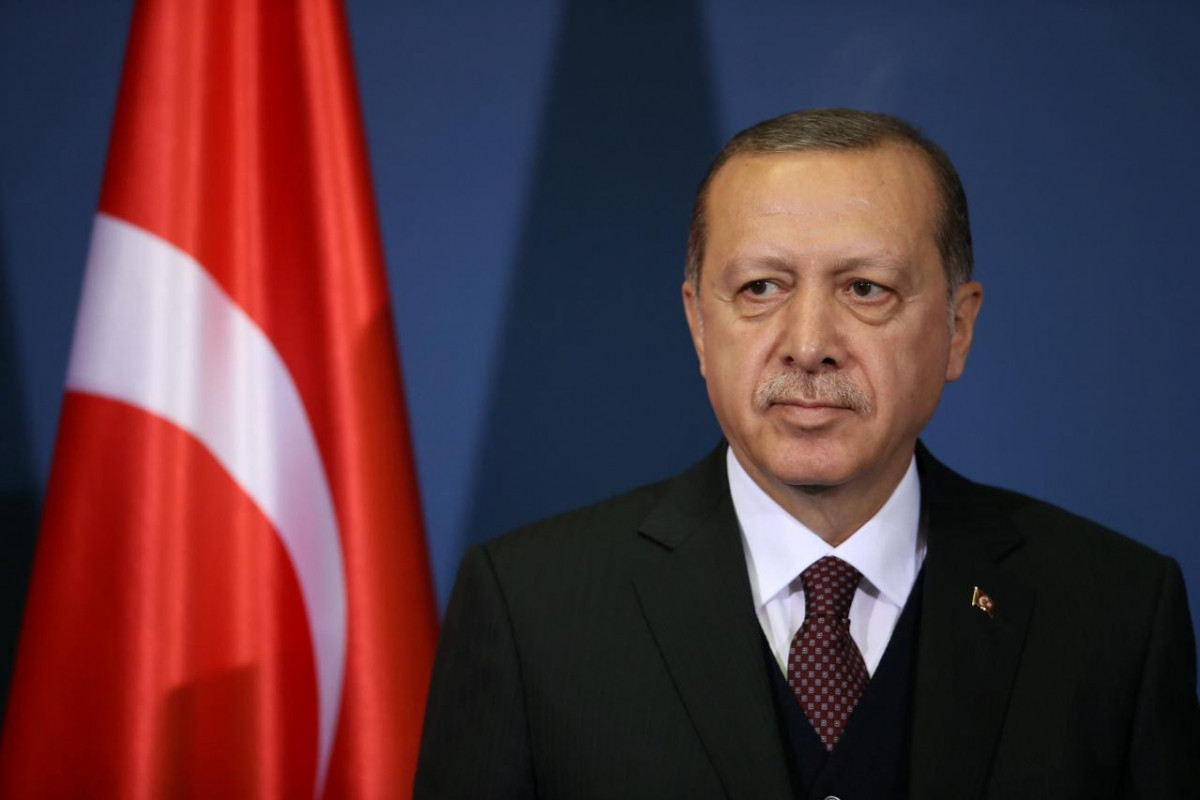Shame on Schwabe: damaging democracy
- Smartbee
- Report

Bütün xəbərləri reklamsız oxumaq üçün qeydiyyatdan keç və ya login ol. Günlük ölkədə baş verən xəbərləri bizdən izlə.
By Tural Heybatov
In the intricate web of international relations, political polarization has increasingly become a defining feature, influencing inter-state relationships profoundly. The behavior and rhetoric of political figures play pivotal roles in shaping these dynamics, often bringing underlying biases to the forefront of diplomatic engagements. A quintessential example of this is observed in the actions and public statements of Frank Schwabe, a German Member of Parliament. Schwabe's conduct has stirred considerable controversy, questioning his commitment to democratic values and international law, particularly in relation to Azerbaijan.
Frank Schwabe, who serves as the head of the German delegation to the Parliamentary Assembly of the Council of Europe (PACE), has made headlines for his outspoken stance against Azerbaijan. His declaration that Azerbaijan has "no way back" in PACE, as stated on his social media, not only escalates diplomatic tensions but also casts a shadow on the perceived impartiality and integrity of the Council of Europe. Such statements can be perceived as a breach of the decorum expected from members of a significant international body tasked with upholding human rights and democratic standards across Europe.

Schwabe’s career trajectory and public persona have been consistently marred by accusations of bias. His comments are indicative of a broader pattern of anti-Azerbaijani sentiment, which dangerously verges on xenophobia, particularly targeting Azerbaijanis, Muslims, and Turks. This rhetoric not only undermines Azerbaijan’s international image but also poses a threat to the foundational principles that govern healthy interstate relations. Moreover, these biases could be interpreted as a manipulative tactic aimed at tarnishing Azerbaijan's reputation, rather than constructive criticism rooted in factual assessments.
The implications of such biased behavior are profound. It destabilizes the trust in institutions like the Council of Europe, which are designed to foster cooperation and ensure adherence to international norms. When figures like Schwabe use their platform to propagate personal biases, it not only discredits themselves but also the bodies they represent. This conduct potentially breaches ethical norms and obligations to the international community, particularly the spirit of cooperation and mutual respect enshrined by the Council of Europe.
The necessity for scrutiny over Schwabe's actions is undeniable. It is imperative that his conduct and public statements undergo a rigorous and impartial investigation by the appropriate bodies within the Council of Europe. This should aim to determine whether his actions and rhetoric breach the ethical standards and codes of conduct expected of PACE members. If found culpable, considerations for disciplinary actions, including possible expulsion, must be deliberated to uphold the integrity of the Council.
Moreover, addressing these concerns through diplomatic channels and legal frameworks is crucial to restoring fairness and maintaining the credibility of international institutions. Setting a precedent that penalizes such behavior is essential to deter future misconduct by political figures who may seek to exploit their positions for personal or ideological gains.
In conclusion, the case of Frank Schwabe highlights the complex challenges facing international political institutions today. As the world grapples with increasing polarization, the actions of elected officials must consistently reflect the values of fairness, impartiality, and respect for international norms. Ensuring that political figures adhere to these principles is not just about maintaining diplomatic decorum but about preserving the very fabric of international cooperation and peace.


png-1716292742.png)

















